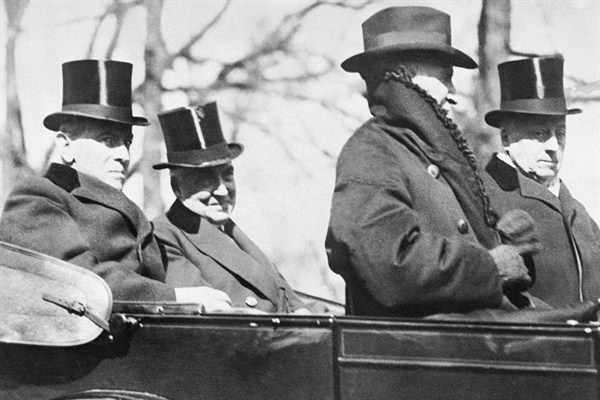Given the magnitude of the shared global challenges humanity confronts today, from climate change to nuclear proliferation, the world desperately needs a quiet phase of international comity, enlightened leadership and steady cooperation. Alas, the Boring ‘20s are not on the cards. The new decade seems poised to be as volatile and divisive as the Roaring ‘20s a century ago. Indeed, the historical parallels are dramatic and disturbing. Now, as then, the forces of chaos and division include populist nationalism, authoritarian politics, nativist intolerance, political extremism, technological disruption, economic inequality, geopolitical competition and American solipsism.
In the 1920s, the leading world powers allowed these centrifugal forces to gather steam, paving the way for the world’s descent into depression, violent conflict and a second world war, even more destructive than the first. A similar outcome is hardly preordained today. But the combination of stressors bodes ill for multilateral cooperation, particularly as the world’s inherited international institutions struggle to address not only well-established threats like nuclear weapons but emerging ones like competition in cyberspace and the specter of global ecological collapse.
Were Abraham Lincoln alive today, he would see little geopolitical evidence of the “better angels of our nature.” Only 30 years since the Cold War’s end, the principles of political liberalism—freedom, equality, pluralism and tolerance—are on the ropes in many countries. India, the world’s largest democracy, recently enacted a new citizenship law that critics say discriminates against Muslim immigrants and undermines the nation’s commitment to religious pluralism. The United States under President Donald Trump has slashed refugee admissions and proposed severe restrictions on legal migration, in a fashion reminiscent of the draconian acts of Congress limiting immigration in 1921 and 1924.

